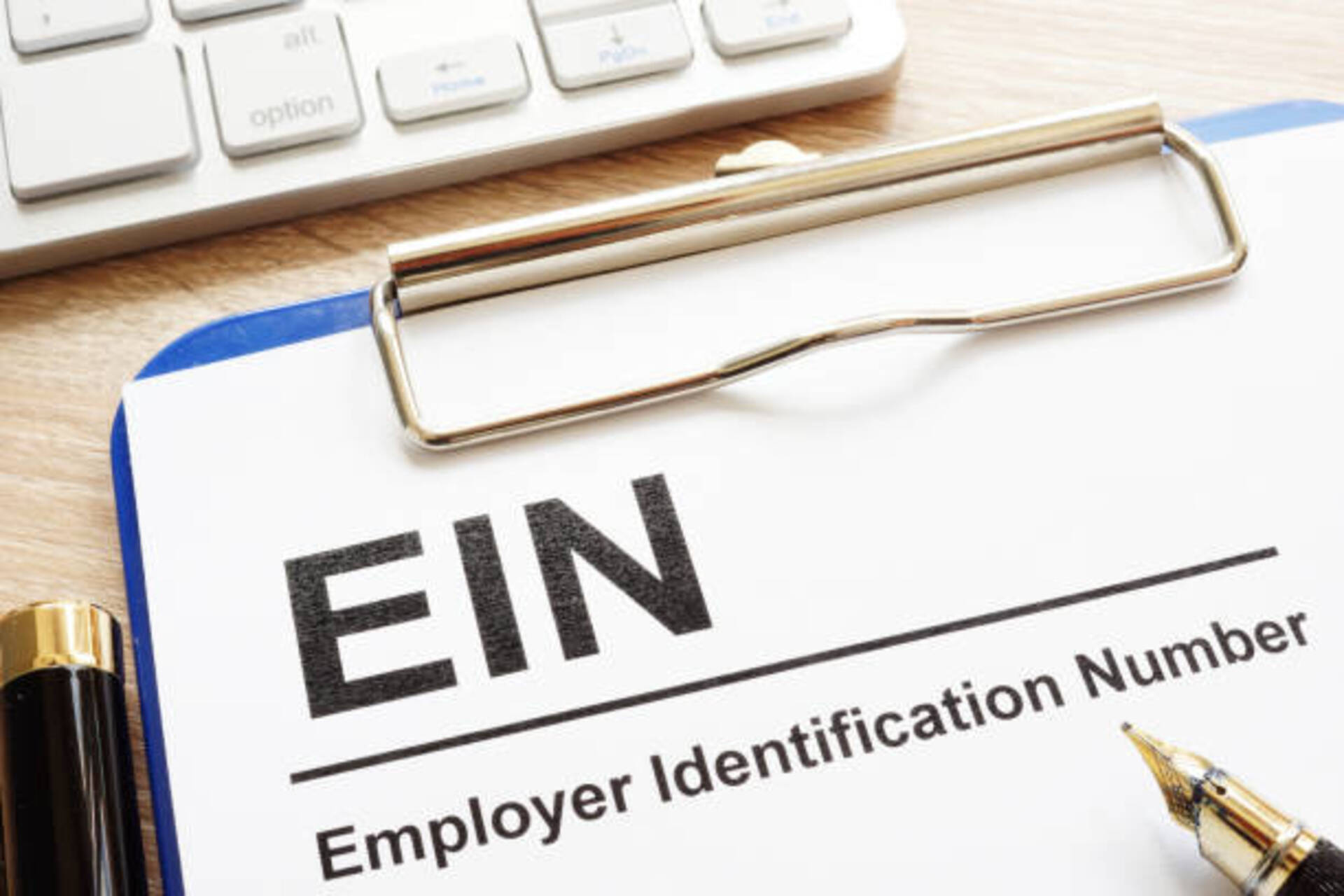
March 13, 2023
Every year, under the law known as the Bank Secrecy Act, you must report certain foreign financial accounts, such as bank accounts, brokerage accounts, and mutual funds, to the Treasury Department and keep certain records of those accounts. You report the accounts by filing a Report of Foreign Bank and Financial Accounts (FBAR) on FinCEN Form 114. Unlike Form 8938, the FBAR (FinCEN Form 114) is not filed with the IRS. It must be filed directly with the office of the Financial Crimes Enforcement Network (FinCEN), a bureau of the Department of the Treasury, separate from the IRS.
When to File
A United States person, including a citizen, resident, corporation, partnership, limited liability company, trust, or estate, must file an FBAR to report if such person has a financial interest in or signature or other authority over at least one financial account located outside the United States and the aggregate value of those foreign financial accounts exceeded $10,000 at any time during the calendar year reported.
Generally, an account at a financial institution located outside the United States is a foreign financial account. Whether the account produced taxable income has no effect on whether the account is a “foreign financial account” for FBAR purposes.
When to file
The FBAR is an annual report, due April 15 following the calendar year reported. You’re allowed an automatic extension to October 15 if you fail to meet the FBAR annual due date of April 15. You don’t need to request an extension to file the FBAR.
You must keep records for each account you must report on an FBAR that establishes:
- Name on the account,
- Account number,
- Name and address of the foreign bank,
- Type of account, and
- The maximum value during the year.
The law doesn’t specify the type of document to keep with this information; it can be bank statements or a copy of a filed FBAR, for example, if they have all the information.
You must keep these records for five years from the due date of the FBAR.
You may be subject to civil monetary penalties and/or criminal penalties for FBAR reporting and/or recordkeeping violations. Assertion of penalties depends on facts and circumstances.
Share this post :
Categories





